Everybody’s favourite dentist (we’re talkin’ about our girl Dr Andrea Gelinas of Gelinas Dental Studio, of course) is back to spill all the tea about, well, TEETH!
Ever wondered how important baby teeth really are? Need advice on how to deal when your kid turns out to be more cavity prone than you could have ever imagined? Well we pulled eight of the most fascinating dental inquiries from our community (the kind you’d likely be too chicken to ask your own family dentist) and threw them over to Dr Gelinas. Naturally, she answered them in her signature no judgement / no B.S. style and good God do we ever love her for it!
Without further ado – here they are:
“Honest opinion: Isn’t keeping kids’ teeth kind of gross? Anyone else not care to see their own nasty baby teeth from 30+ years ago? Or am I the only one that thinks it’s weird to have your bloody baby teeth stored in a box 
 Trying to figure out whether my son will care in 30 years if I don’t keep his teeth…”
Trying to figure out whether my son will care in 30 years if I don’t keep his teeth…”
It’s personal for each person, but I’m super into it. I have a collection of teeth – my old dogs, my husband’s wisdom teeth, a monkey tooth I extracted from a volunteer trip to Cameroon. I learned from one of my patients (a former dental assistant turned jewellery designer) that this is an old tradition. The “Milk Teeth” as they were called back in the day were very celebratory because in a time where life expectancy was so low, it meant another milestone hit. If you want to do something different and a bit artsy, you can have them cast some kind mixed metal – gold, bronze, etc. I feel like that’s a modern day twist to the old tradition. I think it would look kind of badass – a little mason jar full of cast bronze teeth.
“When do you start brushing a baby’s teeth ? I have a silicone finger sleeve brush but unsure when it is okay to start using it and if so, do you use baby toothpaste? And if so what kind of toothpaste would you use ?”
The silicone sleeve is great for massaging the gums, especially when a baby is teething. It gives nice relief. Brushing should be introduced as soon as they sprout the little bottom teeth because forming habits early is key to limiting future meltdowns. I tell parents to literally give them the brush like it’s a toy while they are playing. They instinctively put it in their mouths and chew. As time goes on it can get incorporated into a bath time or bedtime routine. Brushing twice a day is ideal but that will take time. Before bed is most important because it’s when our saliva production decreases (for adults too) which is what helps self cleanse during the day because that’s when the teeth are most susceptible to cavities. I’m a fan of natural toothpaste for little ones. Jack n Jill is what I use for my son Nico.
“Tell me about LED teeth whitening. Pros? Cons? My teeth need a serious whitening from all the coffee….?”
I am obsessed with LED whitening.
Pros – it does the job in two hours and you watch Netflix while you whiten (when is the last time you had TWO HOURS to yourself?). It lifts up to eight shades of coffee, wine, cannabis stains off your enamel AND you go home with a touch up kit.
The ZOOM whitening kits come with everything including the “touch up whitening gel syringe” and the intention is for us to give that to patients with the in-office treatment.
INSIDER INFO – if your dentist isn’t doing this as part of the procedure it’s shady AF. The office that seems like they are giving you a “deal” means aren’t giving you the full service.
Cons – you may feel sensitivity in the form of zingers that last into the evening, and it typically will NOT whiten teeth that have a greyish appearance – that unfortunately is most likely an intrinsic stain, meaning it’s coming from within the tooth and that’s tricky to lighten.
“I just found out that my son has 6 cavities!!! I can’t believe it, I kinda feel like a failure… but I do brush his teeth! So this means he will have to be put out to have all this dental work done. I am so scared for him to go under. What advice can you give to a mama whose kid’s teeth are super cavity prone? What can I do to make sure we never have to go through this again!”
You are not a failure. I am so sorry that happened to you. The most important part of cavity reduction is proper brushing. I bet some of cavities are between the teeth, and that your son’s teeth are touching. If that’s the case, flossing is super important to incorporate into the routine (I know, it’s annoying). I urge parents to brush their kids teeth for as long as they possibly can. You will do a far better job and if they want to be independent, let them brush first and you do a “just checking for sugar bugs” brush after.
Make sure you get all the way back on the biting surfaces of molars – they have grooves that bacteria loves to sit in. When the permanent teeth erupt (6 yo) you can have preventative sealants placed. Sealants are like clear coat nail polish that gets into the cracks and grooves so the bacteria has nowhere to hide. As long as he can spit out (usually around 3 years old) you can use fluoride in toothpaste.
Also, get the fluoride varnish when you take him for cleanings. It’s super important for prevention especially since he’s prone to cavities.
As far as the procedure, for him to have anesthesia for his dental work is the best way to go because being awake would be more traumatizing for him and would probably make him forever fearful. Don’t tell him about needles in his mouth, he will literally never know. I promise. When the kids are “put out” it allows the dentist to work much quicker than if they are awake. If you have more questions, feel free to email me at dr.gelinas@
“What if I just promise really hard to be better with their adult teeth? (aka how important are baby teeth?)”
Baby teeth are very important because they are meant to hold space for the permanent teeth. When baby teeth need to be removed because of cavities or infections before they are supposed to fall out, it can cause the permanent teeth to come in crooked and malpositioned. Also, infections that sit around baby teeth can affect the enamel that is forming in the permanent tooth and cause it to come out with chalky or brown spots. Keep in mind that when kids have teeth that hurt, they will avoid chewing on those teeth instead of telling you. You want to have them cleaned twice a year and checked at least once a year to make sure there aren’t cavities. The enamel on baby teeth is very thin so cavities spread much quicker than they would on permanent teeth.
“Teeth whitening while breastfeeding? I was told not to during pregnancy, but my hygienist and dentist friends also suggest not doing it while breastfeeding (because there are no studies to determine if it’s safe or not…). All this coffee and tea has wreaked havoc on my pearly whites and I’m wondering if I really need to wait upwards of a year to whiten?”
I know it sucks but they are right. There aren’t any studies which is why everyone is recommending not to. Honestly, even though the risk would be so low, I would just wait. I booked my Botox appointment and whitening in the same week once I was done breastfeeding and felt like a new woman!
“My 16m old is obsessed with my electric toothbrush and I think she is mature enough and would do well with one, however, it looks like they are not recommended before 3 years of age. What is the rationale behind it and is it generally O.K., obviously supervised, for a younger one to use an electric toothbrush?”
I say if she’s into it then go for it. Any trick you have up your sleeve, use it. There are electric toothbrushes for kids that are easier to hold, but I wouldn’t worry about buying one with all the bells and whistles – just something simple. Some of them have timers which is helpful. It will ultimately remove more plaque because of the vibration. Lastly, ALWAYS ALWAYS get soft bristled brushes. Even for adults!
“Pregnancy has killed my gums. What can I do to stop them from bleeding so damn much when I brush and floss?”
We recommend cleanings every six months, but some patients come in every 3-4 months. A lot of people think this is based on insurance coverage and it isn’t. The frequency at which you come for cleanings depends on how inflamed your gums are, how much plaque and stain you produce, your gum assessment, etc. You may just need to go more frequently until everything is back on track. Once your hormones have stabilized (after birth or breastfeeding) the inflammation in your gums should be gone. If it’s not, that may be a sign of an underlying issue. I would absolutely have that checked by your dentist.
*
If you’re looking to upgrade your dentist game, head on over to gelinasdentalstudio.com – she’s offering $75 off and a free piece of merch for patients that want to join the practice.
Feel free to show our girl some love! Follow Gelinas Dental Studio on Instagram and like them on Facebook.
xx
*
Photo (and custom epic Nike braces!) by the brilliant Gab Bois. (@gabbois on IG)
If you like what we’re doing, join us on:
INSTAGRAM, TWITTER, and FACEBOOK
Get your copy of:
THE REBEL MAMA’S HANDBOOK FOR (COOL) MOMS
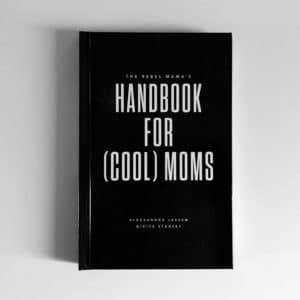

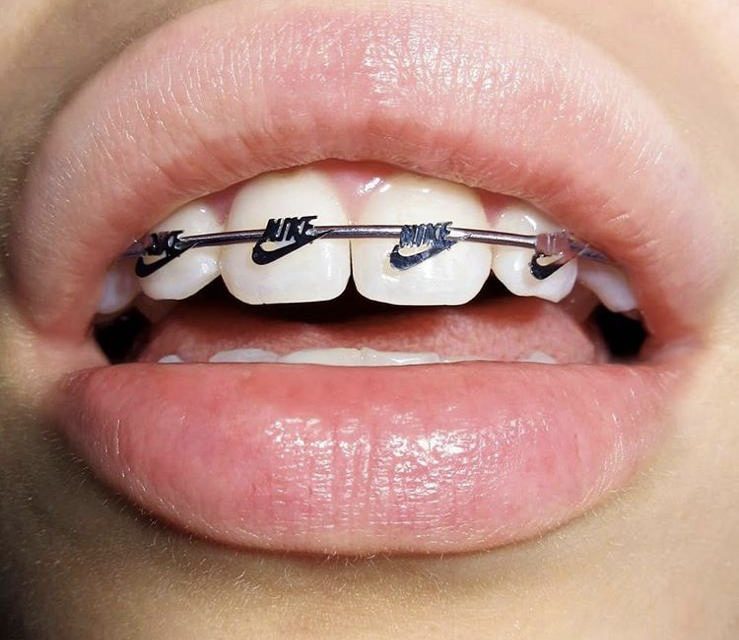
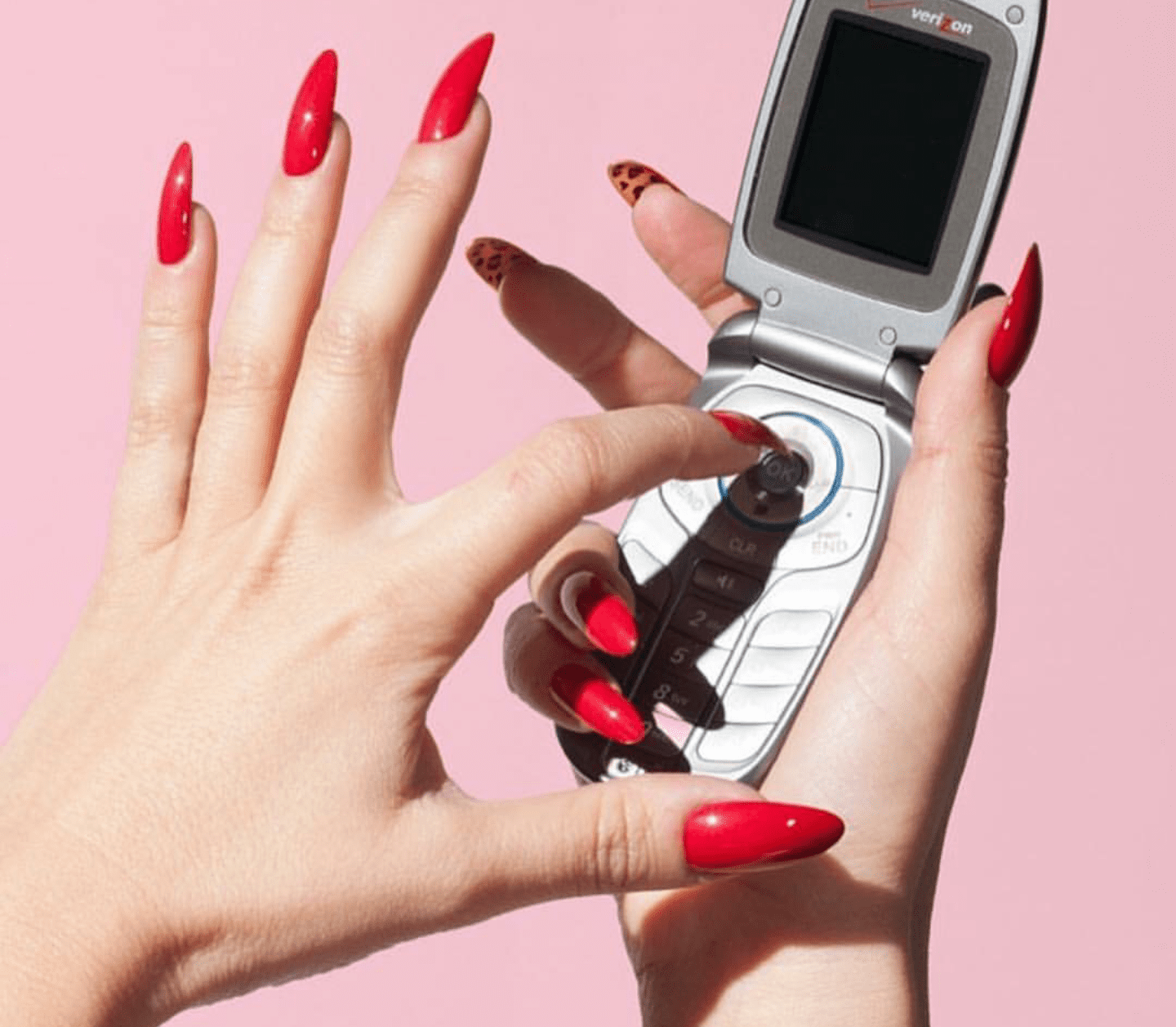
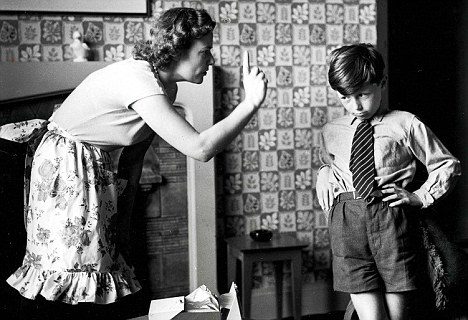
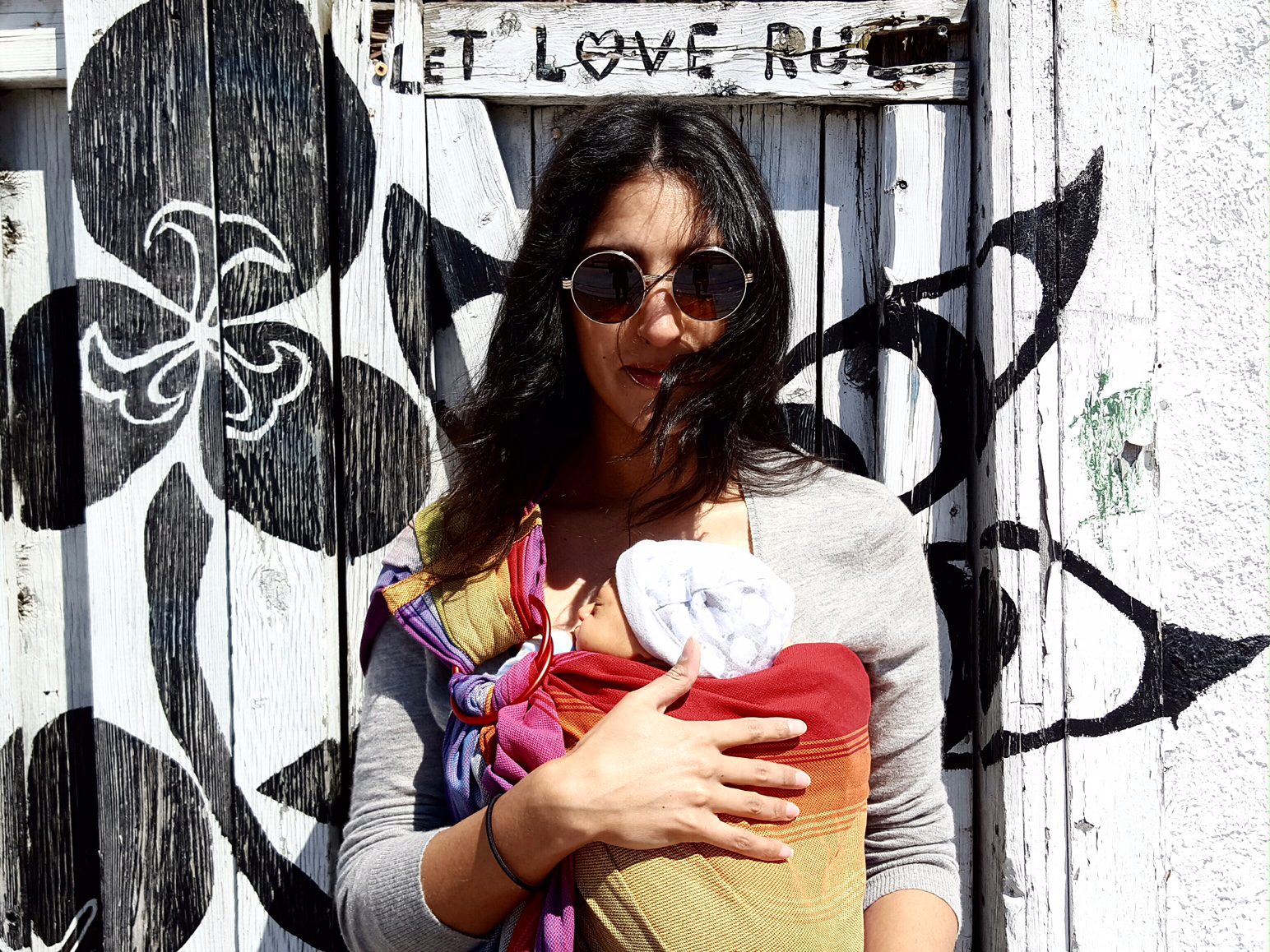
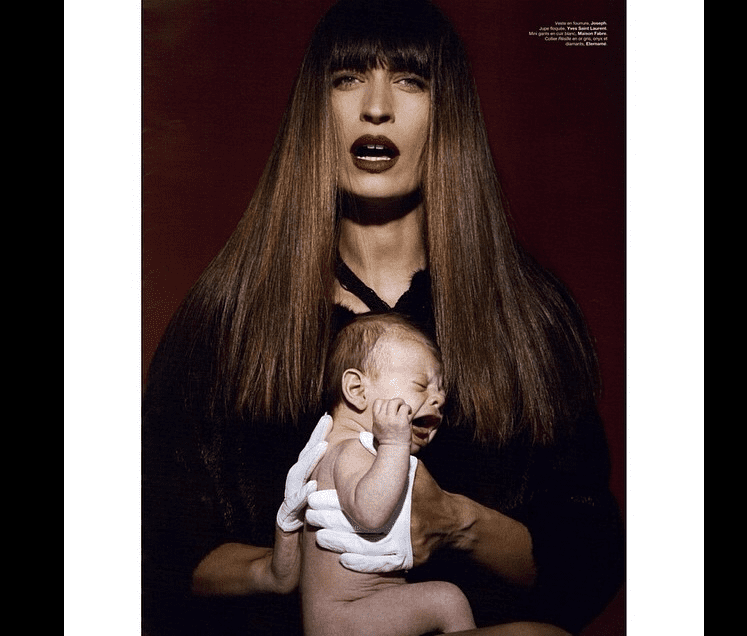
From Our Comments